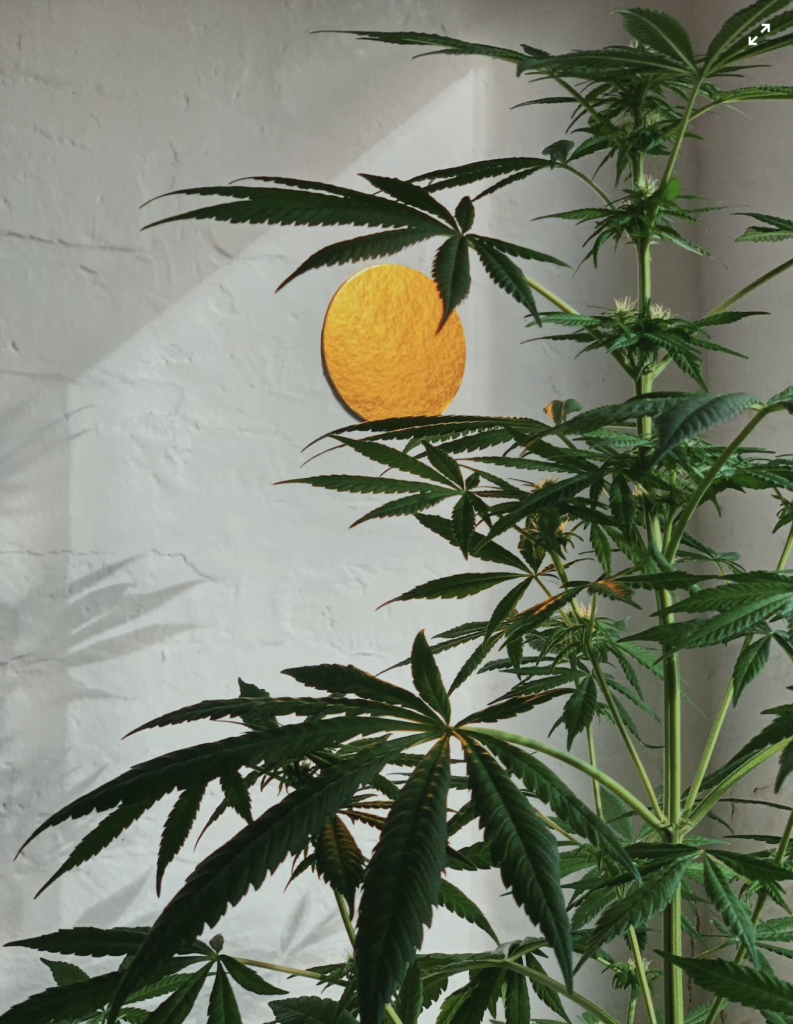
Even the highest daily medicinal dose of cannabidiol (CBD) – a cannabis component widely used for medical purposes – has no impact on people’s driving or cognitive abilities, a new study has found.
The study, published on Monday in the Journal of Psychopharmacology, said that even at the highest medicinal dose of 1500mg, CBD, which is widely used to induce sleep in many parts of the world, does not cause impairment.
“Though CBD is generally considered ‘non-intoxicating’, its effects on safety-sensitive tasks are still being established. Our study is the first to confirm that, when consumed on its own, CBD is driver-safe,” Danielle McCartney, lead author of the study said in a statement.
In many regions across the world, including in parts of Australia, it is legal to drive while on CBD as long as the driver is not “impaired” due to fatigue and/or lowered blood pressure, scientists say.
Unlike THC, a component of the cannabis plant that induces sedation, euphoria, and impairment, researchers say CBD does not appear to intoxicate people but instead could have calming and pain relief effects.
In the new study, scientists assessed 17 participants as they underwent simulated driving tasks after consuming either a placebo or 15mg, 300mg, or 1500mg of CBD in oil.
These quantities, scientists say, represent frequently consumed dosages – up to 150mg a day over the counter, and up to 1500mg a day for conditions such as epilepsy, pain, sleep disorders, and anxiety.
In the simulation, participants had to try to maintain a safe distance between themselves and a lead vehicle, and then drive along virtual highways and rural roads.
source : www.independent.co.uk/news/science/cannabis-cbd-driving-cognitive-abilities-b2090758.html




